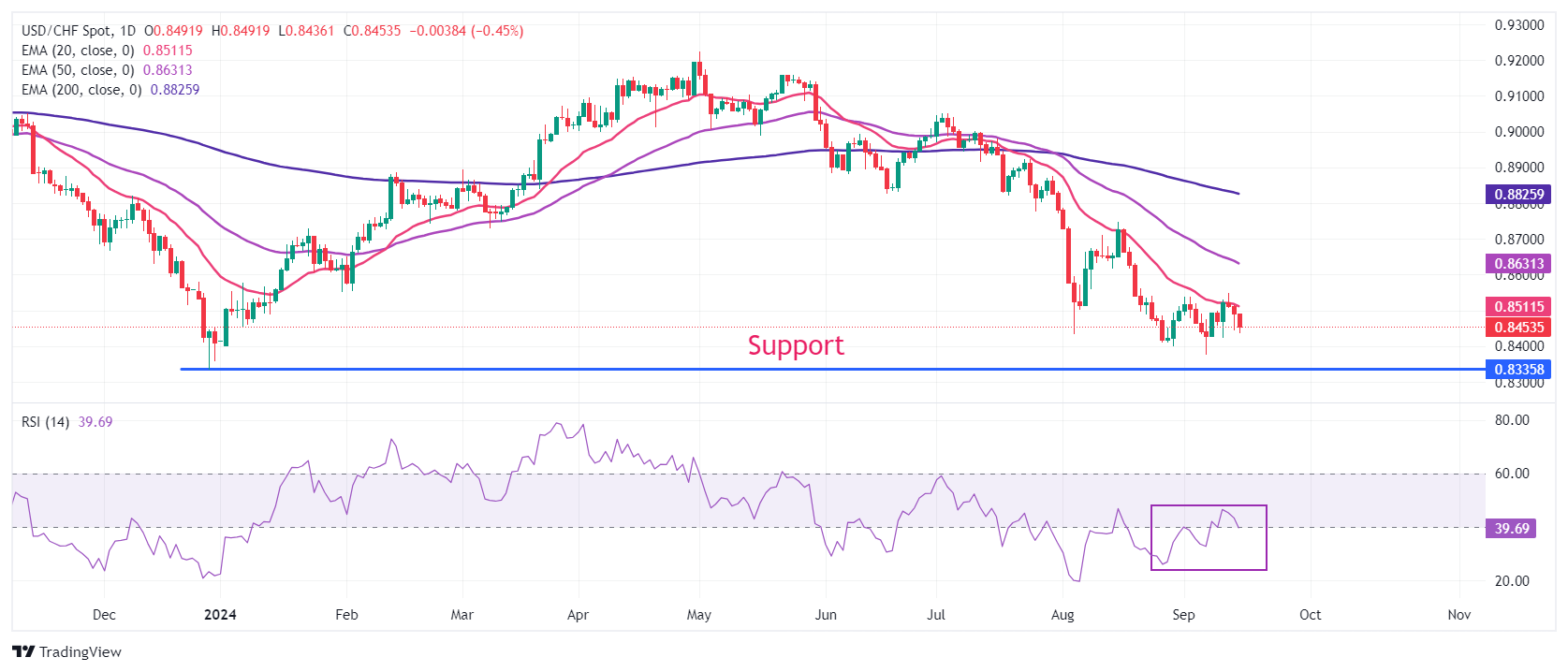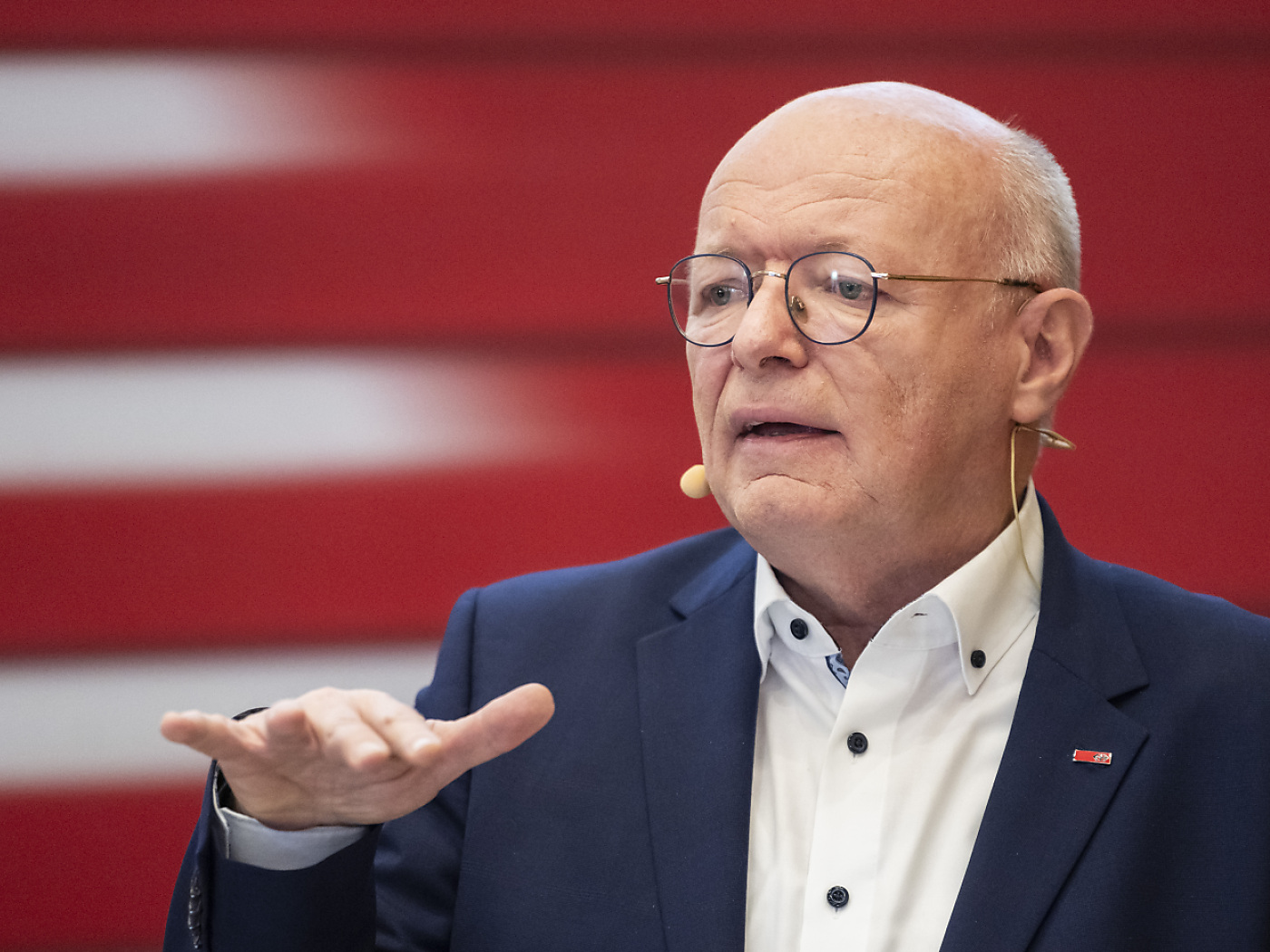In March 2024 Alabama enacted a law “to prohibit certain public entities from maintaining diversity, equity, and inclusion offices and from sponsoring diversity, equity, and inclusion programs.” The law will come into force in October 2024. Similarly, anti-woke law in Florida provides that “subjecting individuals to specified concepts under certain circumstances constitutes discrimination based on race, color, sex, or national origin.”
Many libertarians are ambivalent about such laws due to the implications for free speech. A ban, by its very nature, is coercive. It means that people who support diversity, equity and inclusiveness cannot gather in their offices and classrooms to plot their communist revolution. Many libertarians are against such bans on grounds that everyone, including communists, has a right to free speech and freedom of association.
One important feature of Alabama’s anti-DEI ban is that it is limited to state agencies and publicly funded institutions. So, in Alabama people are still free to discuss race-Marxism on their own tab, just not on state property or at public expense. In that sense it could be argued that the part of Florida’s law which was struck down, relating to workplace DEI training, went too far in purporting to cover all employers. The ban was challenged by employers who argued that they wanted to run DEI training, and the US Court of Appeals for the Eleventh Circuit held that the ban impeded the employer’s right to free speech. Many people would defend an employer’s liberty to run race-Marxism courses in his own workplace should he wish.
However, the main problem with DEI, and the main impetus behind the bans, is not just the neo-Marxist ideology that DEI promotes but the fact that in practice, DEI amounts to an attack on white people. White people are excluded from jobs and higher education in name of diversity and subjected to a hostile environment at school or work in the name of inclusiveness.
To give a British example, a white man employed by the Ministry of Defense complained that he was subjected to DEI training on “the psychosis of whiteness” and asked to study a paper arguing that “white people are psychotic, cannot be reasoned with and must be destroyed.” This left him feeling under attack based on his race, and he argued that the training was “psychological warfare against staff and the British public in general.” His race discrimination complaint was dismissed on grounds that “it was important for democracy that papers like the one in the case ‘challenge’ people’s views and, as such, its use by the MoD could not be found to be discriminatory against its staff.”
Following similar reasoning, the Eleventh Circuit rejected Florida’s argument that DEI amounts to “invidious discrimination” and prohibiting it is therefore essential in upholding civil rights. It is relevant in this context to note that the Civil Rights Act is binding on all employers and not just the state. The EEOC explains that,
If a complaint against a business (or some other private employer) involves race, color, religion, sex (including pregnancy), national origin, disability or genetic information, the business is covered by the laws we enforce if it has 15 or more employees who worked for the employer for at least twenty calendar weeks (in this year or last).
Given that private employers are also bound by federal civil rights obligations, Florida argued that the state was therefore justified in banning DEI in employment as DEI is itself discriminatory. Therefore, Florida attempted to justify restricting free speech as a means of preventing “invidious discrimination.”
DEI, civil rights, and the Constitution
In defending the DEI ban Florida argued that the constitutionality of banning DEI is no different in principle from the constitutionality of mandating DEI - if it is a breach of the first amendment to prohibit DEI training, it would also be a breach of the first amendment to mandate DEI training under Title VII of the Civil Rights Act. Banning DEI bans a type of speech, but mandating DEI compels that type of speech. Compelling speech is surely as abhorrent as banning speech, if not worse.
Florida’s argument calls into question the constitutionality of DEI, and by extension the constitutionality of civil rights law. If DEI is permitted despite offending white people, on grounds that banning DEI restricts free speech, is it not also the case that speech which offends black people or other “protected” groups should likewise be permitted?
Unlike the UK where various statutes prohibit hate speech, such as the Communications Act under which people are frequently arrested for writing offensive posts on social media, the US constitution protects free speech. The importance of the First Amendment is evident from the robust protection given to free speech in cases where states attempt to prohibit hate speech. An example is New York’s “Online Hate Speech Law” which regulates “hateful conduct” online. The law defines hateful conduct as “The use of a social media network to vilify, humiliate, or incite violence against a group or a class of persons on the basis of race, color, religion, ethnicity, national origin, disability, sex, sexual orientation, gender identity or gender expression.” New York’s attempt to regulate hate speech has so far failed:
Even regulations that seek to regulate speech “that insult[s], or provoke[s] violence, on the basis of race, color, creed, religion, or gender” have been found to run afoul of the First Amendment because they constitute content and viewpoint-based regulation of protected speech.
These types of attempts to prohibit offensive speech are designed to “protect” people said to be vulnerable by reason of their race, color, religion or gender. The idea of protected groups is rooted in civil rights law, where the notion of harassment based on race, sex, religion or gender, often involves offensive words. For example, in Meritor Savings Bank v. Vinson, 477 U.S. 57 (1986), a case involving allegations of sexual harassment, the Supreme Court held that “A claim of “hostile environment” sexual harassment is a form of sex discrimination that is actionable under Title VII.”
The question then arises: If a “hostile environment” created by sexist or racist speech can be prohibited as a breach of the Civil Rights Act, why could Florida not likewise prohibit creating a “hostile environment” through DEI training which amounts to racial harassment of white people?
This question was raised by Florida in the 11th Circuit, the court observing that “there are valid concerns about how Title VII and the First Amendment could collide” and that courts should therefore “exercise special caution when applying Title VII to matters involving traditionally protected areas of free speech.”
The reference to “special caution” nevertheless fails to address the fundamental question: If laws banning offensive speech are consistently struck down as a violation of the First Amendment, is Title VII not also a violation of the First Amendment in so far as it prohibits speech which creates a “hostile environment” for protected groups? If Florida cannot prohibit “invidious discrimination” against white people, why are civil rights policies permitted to prohibit “invidious discrimination” against black people or other protected groups? There was some reference to Florida’s ban being overly broad in its ambit and failing to sufficiently target specific cases of “invidious discrimination” but it is no more broad than the DEI mantras which purport to target vague forms of discrimination and bias which are said to be “systemic” and “unconscious.”
The civil rights trap
Civil rights law creates categories of special people who must not be offended regardless of the implications for free speech, while everyone else (in reality, white men) must suffer being offended by hateful DEI because, after all, “hate speech” is protected by the constitution. In that sense the civil rights framework violates free speech provisions by outlawing hate speech, but only in situations where hate speech is offensive to protected groups.
It is therefore clear that a flaw lies deep in the civil rights framework itself. The conclusion is inescapable that far from DEI being a case of civil rights going too far, the civil rights framework itself is incompatible with the original purpose and intention of the US constitution. It creates special rights for special groups based on their identity and seeks to coerce people into contracting or associating with others against their will. Hence Rothbard argues that:
On the entire question of legally and judicially imposed “civil rights,” we have been subjected to a trap, to a shell game in which “both sides” adopt the same pernicious axiom and simply quarrel about interpretation within the same framework … The original sin of “civil rights,” which would have been perfectly understood by such “old conservatives” as the much maligned Nine Old Men who tried to block the measures of the New Deal, is that anti-discrimination laws or edicts of any sort are evil because they run roughshod over the only fundamental natural right: the right of everyone over his own property. Every property owner should have the absolute right to sell, hire, or lease his money or other property to anyone whom he chooses, which means he has the absolute right to “discriminate” all he damn pleases.
Free speech absolutists would argue that all offensive speech is permitted, whether it offends “protected” groups or “unprotected” groups. The very idea that some groups of people are protected from hate speech while others are not, is itself unconstitutional.
Thomas Sowell, a great defender of the US constitution, has said that “the Constitution was made for a nation to survive under – not as a set of ideas to be stretched to the furthest extremes, without regard to the dangers this generates.” In that context, there is no greater stretch than the claim by civil rights law to be compatible with the constitution.
Full story here Are you the author? Previous post See more for Next postTags: Featured,newsletter


























